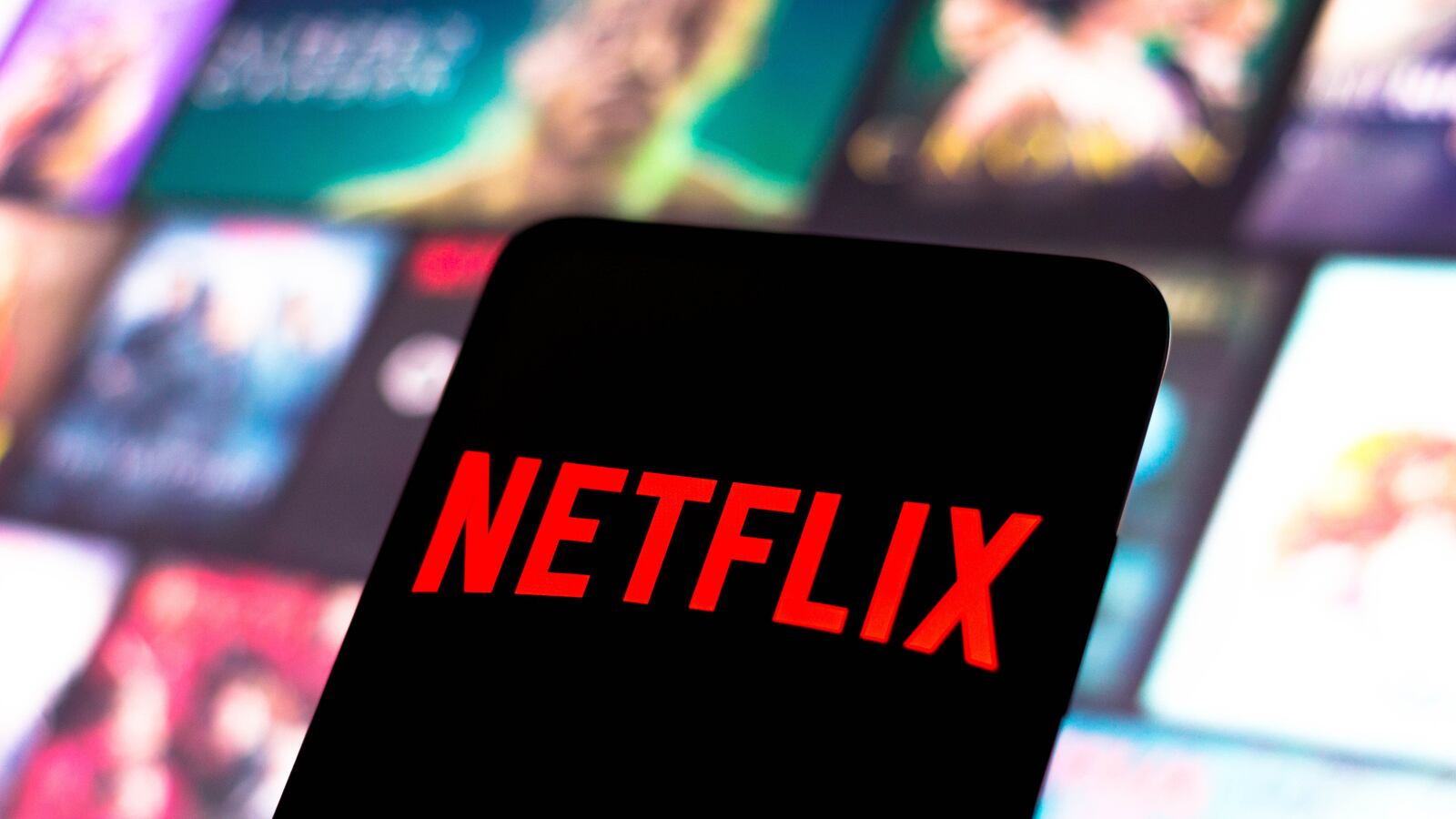Netflix is on a mission to end password sharing, and apparently, the streamer decided to do so in the most user-unfriendly way possible.
Early last year, Netflix found itself in a tailspin as subscriber numbers tanked. The company has recouped its subscriber base, and then some, through a variety of measures, including the addition of a $6.99 ad-supported tier in select countries last November. Nevertheless, Netflix is still on the hunt for fresh meat—and as we’ve heard for months, it appears the streamer wants to make password sharing a thing of the past.
On Wednesday, Netflix unveiled new terms of service and updated its FAQ pages in Chile, Costa Rica, and Peru—all countries where TechCrunch reports that Netflix has already been testing the addition of extra fees for users who share their accounts. (Netflix previously indicated that it would begin charging for password sharing by the end of March.) The new terms, however, go beyond just fees.
Under the new terms in those select countries, Netflix users now need to set up a “primary location” through their televisions and use the WiFi in that location once every 31 days, TechCrunch reports. And if you’re planning on traveling for a couple weeks? You might need to request a temporary code to access your own account.
As TechCrunch notes, devices not associated with one’s household (say, an iPad often used while commuting or traveling) would need to request access from the main account holder—who can then send a temporary code granting seven days of access. It’s unclear whether the account holder would be able to send another access code once the first runs out.
In other words: If you’re, say, a college student who relies on your parents’ Netflix password, it’s unclear whether you could, under these terms, request access from home each week. And as for those who prefer to access Netflix via a virtual private network? It looks like this crackdown could disrupt that, too.
According to Forbes, Netflix has claimed that 100 million people currently share passwords on their service; they’d like at least a few of those people to pay up. But it seems that in its pursuit of additional subscribers, Netflix has chosen the most obnoxious route possible. Why not, for instance, place stricter limits on the number of devices that may be used simultaneously? (Possible answer: because that’s currently one of the biggest perks for its highest subscription tiers.)
But how much of Netflix’s content is, strictly speaking, good? How enjoyable is it to try out a new Netflix show these days, given how often the streamer kills its own series after just one season? All of these thoughts, and many more, have been bubbling up on Twitter among exasperated viewers.
Should Netflix apply these terms worldwide, password borrowers might need to decide just how much they love the Stranger Things kids—and if that’s enough to justify buying their own account.
As easy as it is to joke about users quitting Netflix, however, the service’s foothold should not be underestimated. Even after the chaos of last year, J.D. Power reported in October that 39 percent of customers chose Netflix as their favorite streamer over runners-up including Amazon Prime Video (14 percent) and Hulu (also 14 percent). A subscription to Netflix means access to shows that other people, statistically, are likely to have watched. Those Stranger Things kids aren’t nothing. As with most things, we’ll have to wait and see whether those threatening to leave Netflix to rot in the Upside Down actually mean it.






